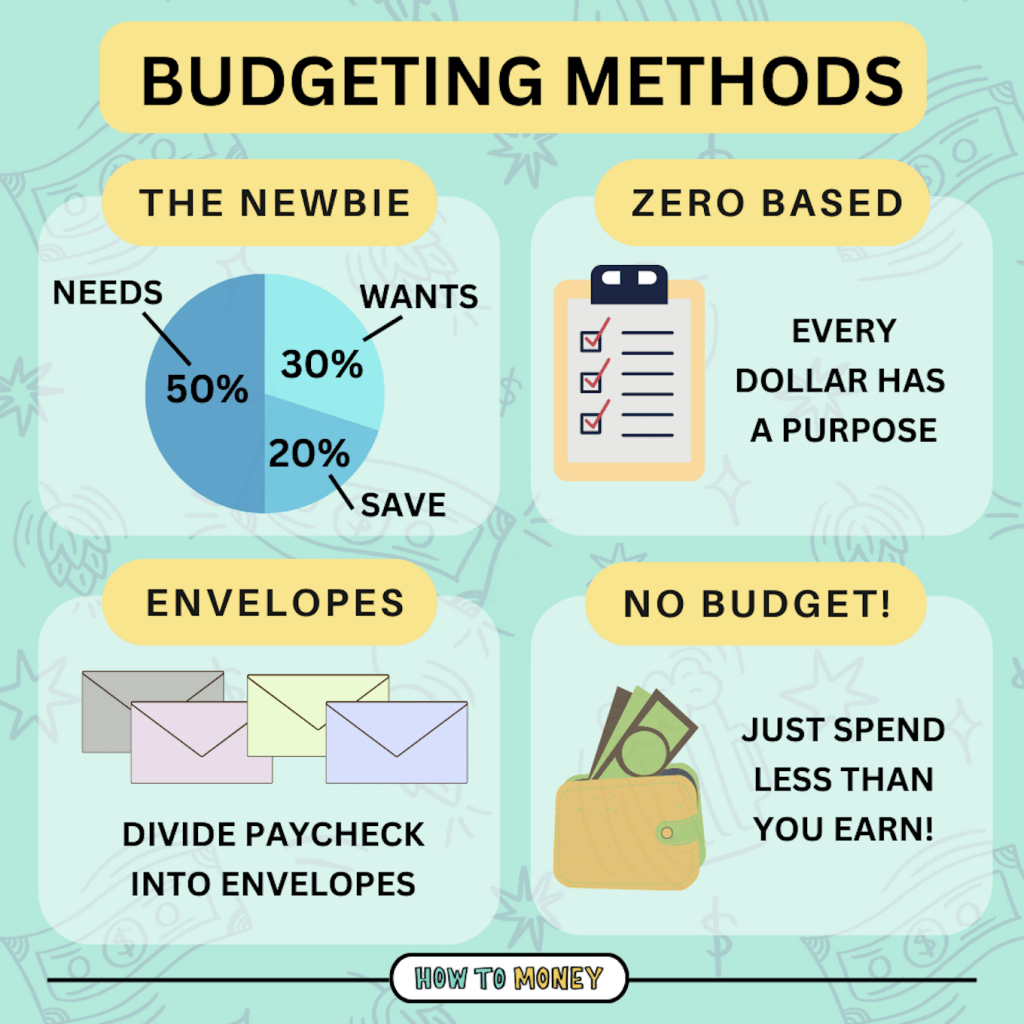
Level Up Your Finances: The Best Budgeting Board Games for Families
In today’s world, teaching children about money management is more critical than ever. While lectures and financial advice have their place, sometimes the most effective way to impart valuable lessons is through play. Budgeting board games offer a fun, engaging, and interactive way for families to learn about financial literacy, make sound decisions, and develop good money habits that can last a lifetime.
Why Budgeting Board Games?
Traditional methods of teaching finance, such as lectures or textbook exercises, can often feel dry and uninspiring for kids. Board games, on the other hand, transform learning into an enjoyable experience. Here’s why budgeting board games are a valuable tool for families:
- Engaging and Fun: Games naturally capture attention and encourage participation. The competitive and collaborative elements of board games make learning about money exciting.
- Hands-On Learning: Budgeting board games provide a practical, hands-on experience. Players actively manage virtual money, make spending decisions, and experience the consequences of their choices in a safe environment.
- Real-Life Scenarios: Many budgeting games simulate real-life financial situations, such as earning income, paying bills, saving for goals, and dealing with unexpected expenses.
- Family Bonding: Playing board games together provides quality family time. It fosters communication, cooperation, and shared learning experiences.
- Teaches Valuable Skills: Budgeting games help children develop essential financial skills, including:
- Budgeting and financial planning
- Saving and investing
- Debt management
- Decision-making
- Critical thinking
- Risk assessment
Top Budgeting Board Games for Families
Here are some of the best budgeting board games that can help families level up their financial literacy:
-
Monopoly: A classic for a reason, Monopoly introduces players to property ownership, rent collection, and the importance of managing cash flow. While it might not be a perfect simulation of real-world economics, it provides a basic understanding of financial concepts.
- Ages: 8+
- Players: 2-8
- Key Skills: Property management, negotiation, cash flow
- Pros: Well-known, easy to learn, introduces basic financial concepts.
- Cons: Can be long, not always realistic.
-
The Game of Life: This game simulates the journey of life, including career choices, marriage, homeownership, and family expenses. It helps players understand the financial implications of different life decisions.
- Ages: 8+
- Players: 2-4
- Key Skills: Career choices, budgeting, life expenses
- Pros: Fun, engaging, covers a wide range of life events.
- Cons: Relies on luck, less emphasis on strategic financial planning.
-
Cashflow for Kids: Created by Robert Kiyosaki, author of "Rich Dad Poor Dad," Cashflow for Kids is designed to teach children the principles of investing and building wealth. Players learn to acquire assets, manage liabilities, and escape the "rat race."
- Ages: 6+
- Players: 2-6
- Key Skills: Investing, asset acquisition, financial literacy
- Pros: Comprehensive, teaches advanced financial concepts, encourages entrepreneurial thinking.
- Cons: Can be complex for younger children, requires some financial knowledge to fully appreciate.
-
Pay Day: Pay Day simulates the monthly financial cycle, with players managing income, expenses, and unexpected events. It teaches budgeting, saving, and making smart financial decisions.
- Ages: 8+
- Players: 2-4
- Key Skills: Budgeting, saving, managing expenses
- Pros: Simple, easy to learn, focuses on monthly financial management.
- Cons: Limited depth, less emphasis on long-term financial planning.
-
Stockpile: Stockpile is a game about insider trading (in a family-friendly way) that combines the ideas of stock ownership, portfolio management, and investing in the stock market. It gives a good introduction to the ups and downs of the market.
- Ages: 13+
- Players: 2-5
- Key Skills: Investing, reading the stock market
- Pros: Advanced strategy, very fun to play with others.
- Cons: Steep learning curve.
-
ACT Your Wage This board game teaches kids about saving, and spending money in an engaging way, with a reward at the end if the spenders are doing well!
- Ages: 6+
- Players: 2-4
- Key Skills: Saving, Budgeting, delayed gratification
- Pros: Easy to learn, great for younger kids.
- Cons: Simple game, not a huge amount of depth.
Tips for Maximizing Learning
To make the most of budgeting board games, consider these tips:
- Choose the Right Game: Select a game that is age-appropriate and aligns with your family’s financial goals.
- Explain the Concepts: Before starting the game, explain the basic financial concepts involved, such as income, expenses, assets, and liabilities.
- Encourage Discussion: During the game, encourage players to discuss their decisions and strategies. Ask questions like:
- Why did you choose to invest in this property?
- What are the potential risks and rewards of this decision?
- How does this decision affect your overall financial situation?
- Relate to Real Life: Connect the game to real-life financial situations. For example, discuss how the game’s expenses relate to your family’s actual bills and spending habits.
- Set Financial Goals: Use the game as a springboard for setting family financial goals, such as saving for a vacation, paying off debt, or investing for the future.
- Make It a Regular Activity: Incorporate budgeting board games into your family’s routine. Make it a regular activity, such as a weekly game night, to reinforce financial concepts and promote ongoing learning.
- Lead By Example: The most effective way to teach children about money management is to lead by example. Demonstrate responsible financial habits in your own life, such as budgeting, saving, and investing.
Beyond Board Games
While budgeting board games are a great tool, they are just one piece of the financial literacy puzzle. Supplement game-based learning with other resources, such as:
- Books: Read age-appropriate books about money management.
- Online Resources: Explore websites and apps that offer financial education for kids.
- Family Discussions: Have regular family discussions about money, including topics like budgeting, saving, and investing.
- Allowance and Chores: Provide children with an allowance and assign chores to teach them about earning and managing money.
- Open a Savings Account: Help children open a savings account to encourage them to save for their goals.
Conclusion
Budgeting board games offer a fun, engaging, and effective way for families to learn about financial literacy. By playing these games together, families can develop good money habits, make sound financial decisions, and build a strong foundation for financial success. So, gather your family, roll the dice, and embark on a journey to financial empowerment!



